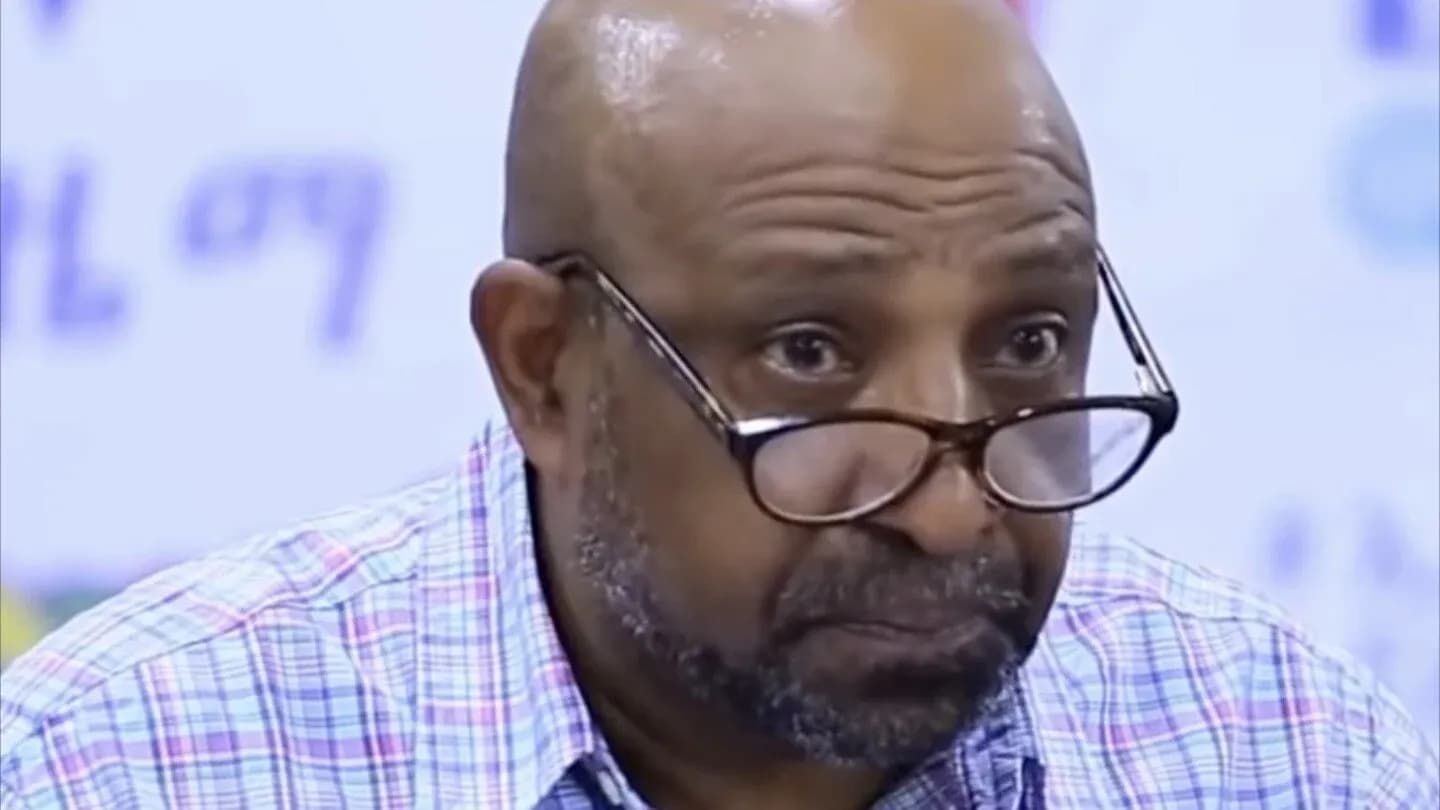Progress for 0 ad
Progress for 1 ad
Progress for 2 ad
Progress for 3 ad
Progress for 4 ad
Progress for 5 ad


Daniel Metaferiya
Addis Ababa, Ethiopia

Ethiopia’s education authorities have issued a stark ultimatum to the country’s private higher education institutions: meet newly introduced quality standards within a year or risk losing your license.
The warning, delivered Monday by Birhanu Nega (Prof), the minister of education, followed the release of an inspection report by the Federal Training and Education Authority, which has spent the past year evaluating hundreds of private colleges.
“There should be no more degree holders without the education to back it,” Birhanu declared at the ministry’s headquarters, in one of his sharpest rebukes yet of Ethiopia’s sprawling but uneven higher education sector.
The Authority set out more than 500 indicators for re-registration under the amended standards, ranging from building standards to curriculum design and faculty qualifications. Out of 375 institutions expected to apply, only 290 were eligible for full assessment after successive rounds of criteria-narrowing. Just three institutions and three of their campuses fully met the minimum requirements for maintaining their licenses.
Hiwot Assefa, chief executive of higher education licensing at the Authority, said the inspections produced three outcomes: full licensing, registration under “special circumstances,” which grants a one-year grace period, and a six-month reprieve for institutions that met some but not all requirements.
“If the campuses don’t serve the basic needs of students, they should not exist,” she said, adding that many colleges were found to be run by individuals rather than functioning boards or governing structures.
The biggest shortcomings, she noted, appeared in business and marketing departments, while specialized fields like medicine face strict new obligations tied to access to teaching hospitals and laboratories.
“Not a single institution would have qualified if the initial standards had been maintained”, she told Shega.
Leaders of private institutions say the standards, though necessary, are daunting. Tefera Gebeyehu, manager of the Association of Private Higher Education Institutions, argued that some criteria were unrealistic given Ethiopia’s resource constraints. He welcomed stricter data collection and accreditation requirements but said compliance would demand new partnerships, such as with state-owned hospitals.
“We may have to find a way to work with state hospitals to meet standards related to mandatory medical facilities,” Tefera told Shega.
Birhanu, however, has shown little sign of softening. Over the past four years, he has convened owners of private colleges at least once annually, urging them to move beyond financial motives and embrace a vision of producing graduates ready for today’s labor market.
“We are trying to lay out the best strategy going ahead,” he said.
For Ethiopia, where private colleges have multiplied rapidly over the past two decades, the government’s push marks a decisive shift: an attempt to replace a loosely regulated system with one that embraces international quality standards. The evaluations, currently conducted in the capital are set to extend to regional states in the coming year.
👏
😂
❤️
😲
😠

Daniel Metaferiya
Daniel Metaferiya is a writer, journalist and radio host, with a keen interest in technology. He follows developments in Ethiopia's startup ecosystem closely and is passionate about profiling unique MSMEs.
Your Email Address Will Not Be Published. Required Fields Are Marked *